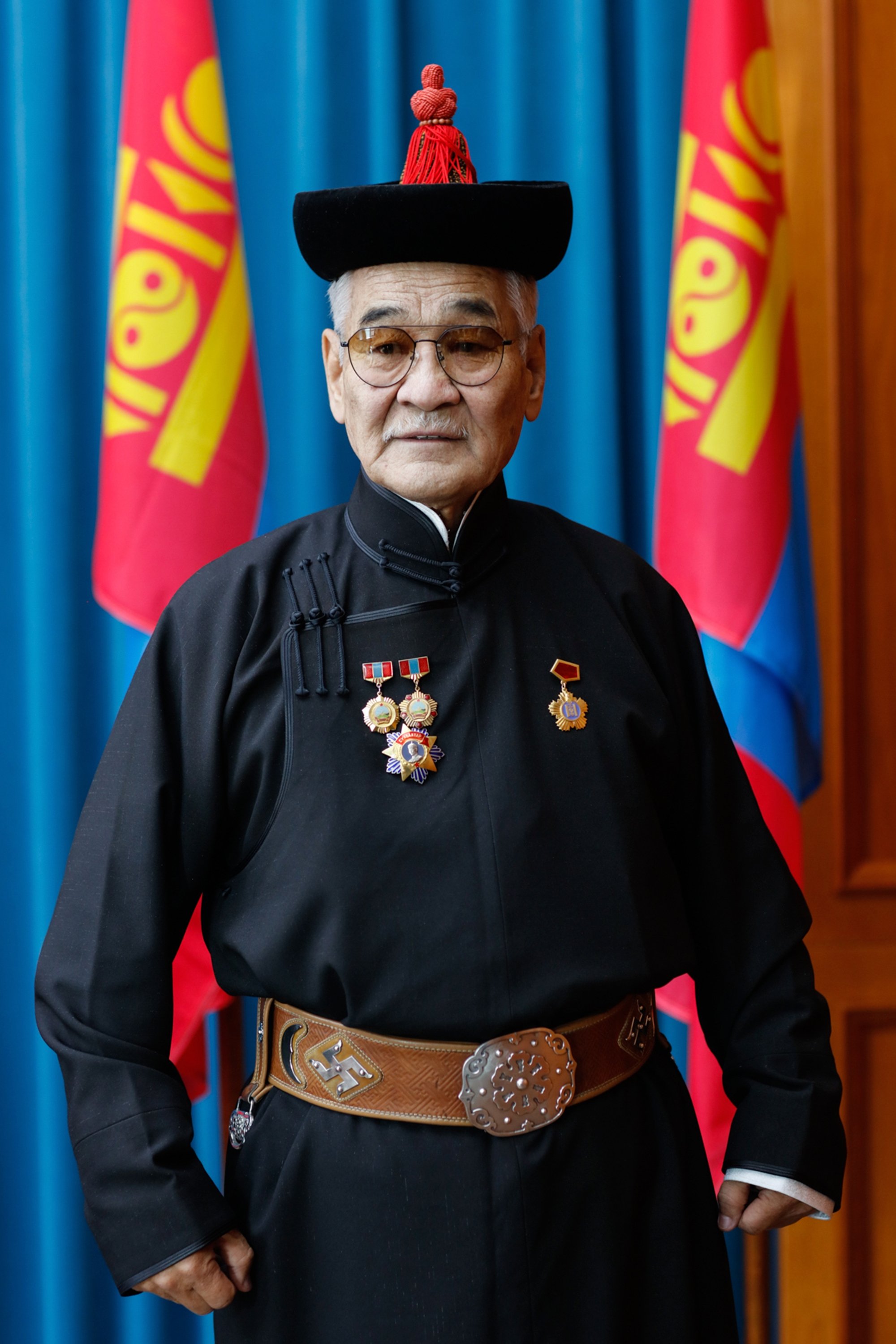
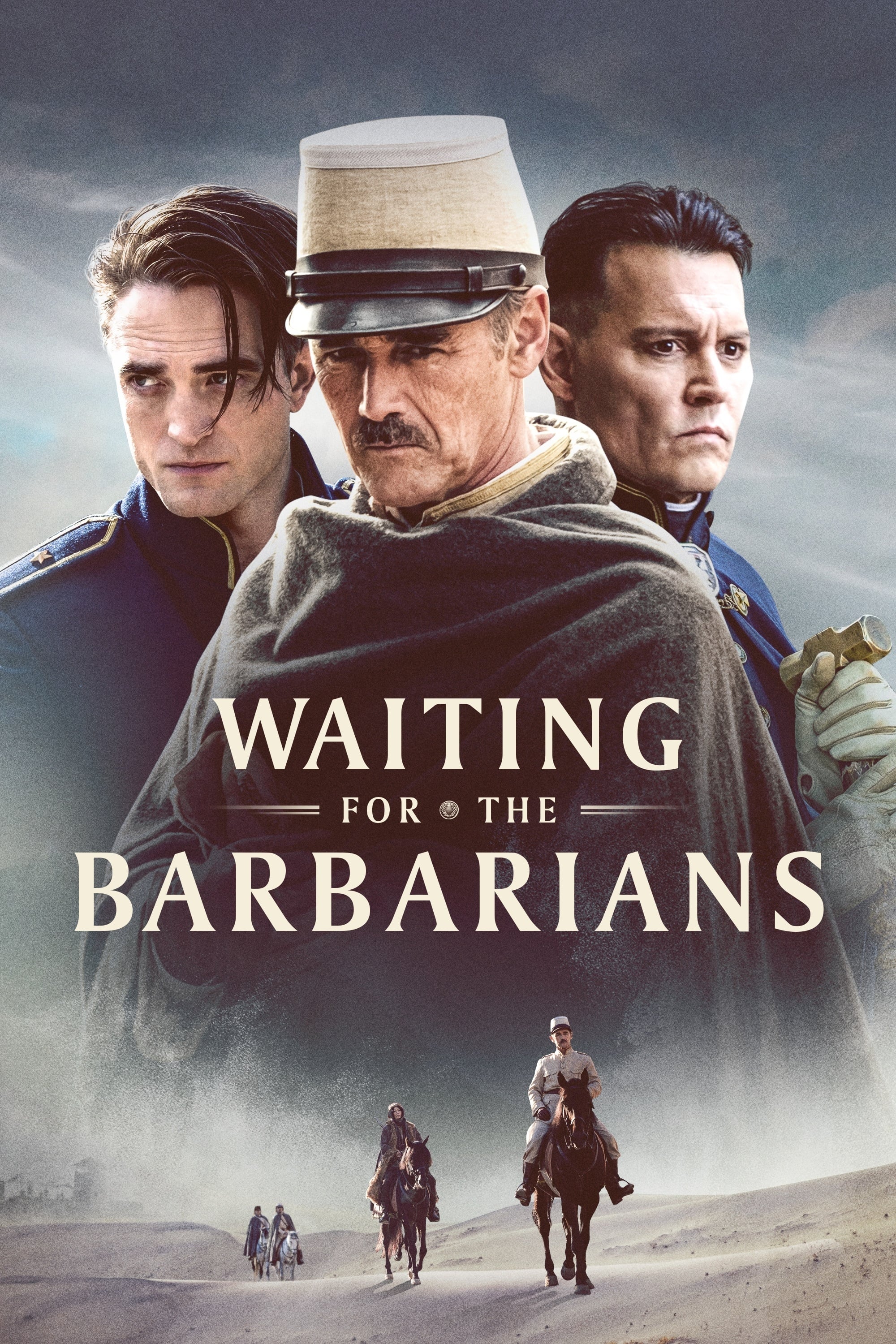
At an isolated frontier outpost, a colonial magistrate suffers a crisis of conscience when an army colonel arrives looking to interrogate the locals about an impending uprising, using cruel tactics that horrify the magistrate.
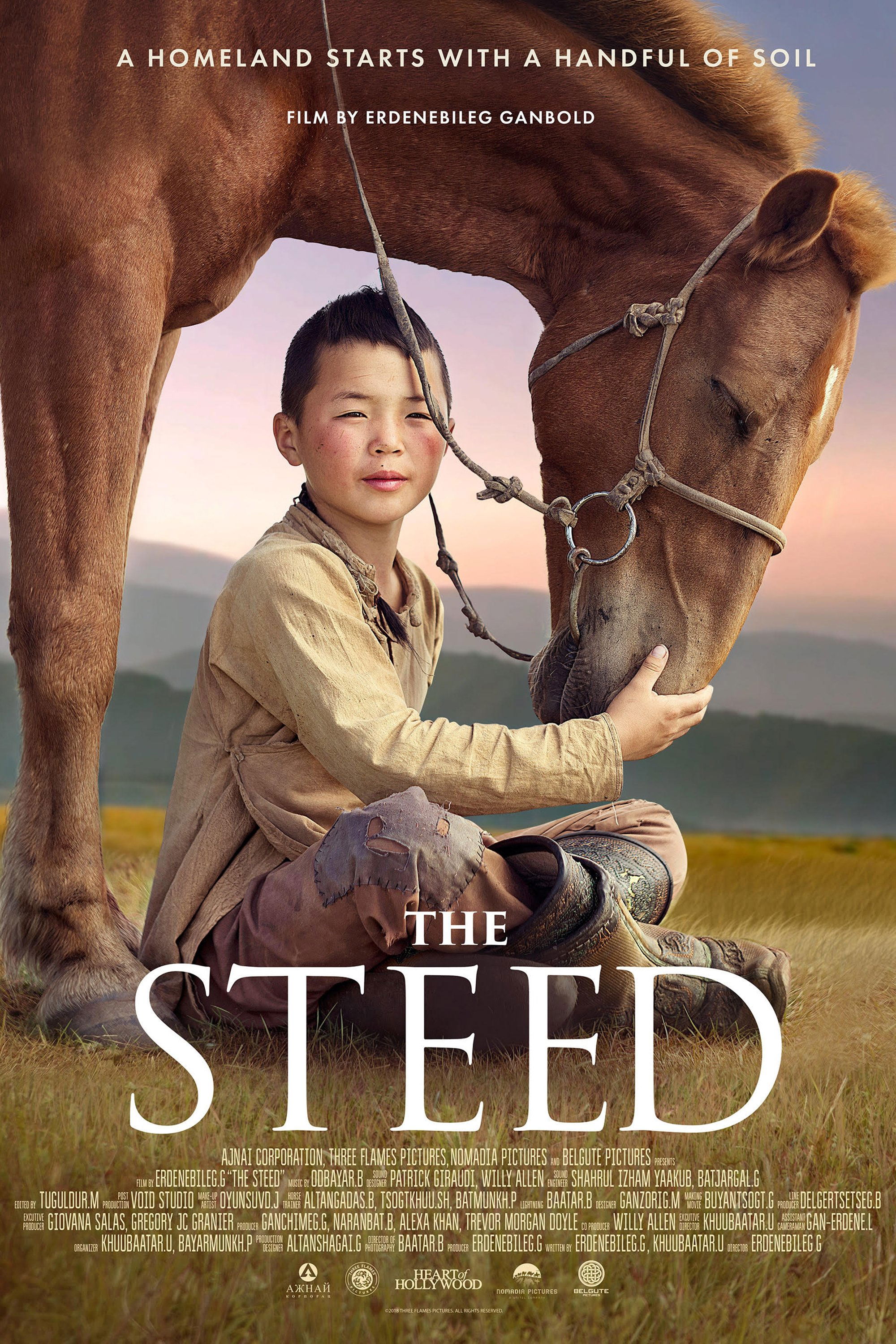
Set in the first part of the 20th century during the Russian revolution's spill over into the vast majestic lands of Mongolia. This epic story is about family, love, devotion and kinship with one's homeland, told through the experiences of a boy and horse whose extraordinary bond to each other and the land gives them the courage to never give up the quest to find the other after being cruelly separated.
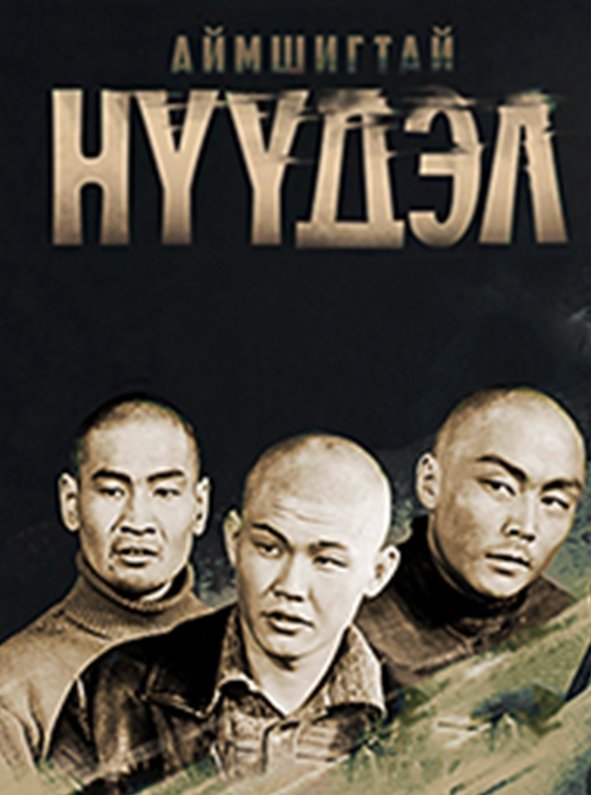
Taking advantage of the current political and social instability in Mongolia, a system has emerged where privileges can be used to do whatever they want, and a small number of powerful people are regulating everything according to their own desires. The land and water that every Mongolian has grown up with are sacred idols that they cherish and love throughout their lives. This film tells the story of the fate of the country and the lives of its people behind the terrible migration that is facing danger every day.
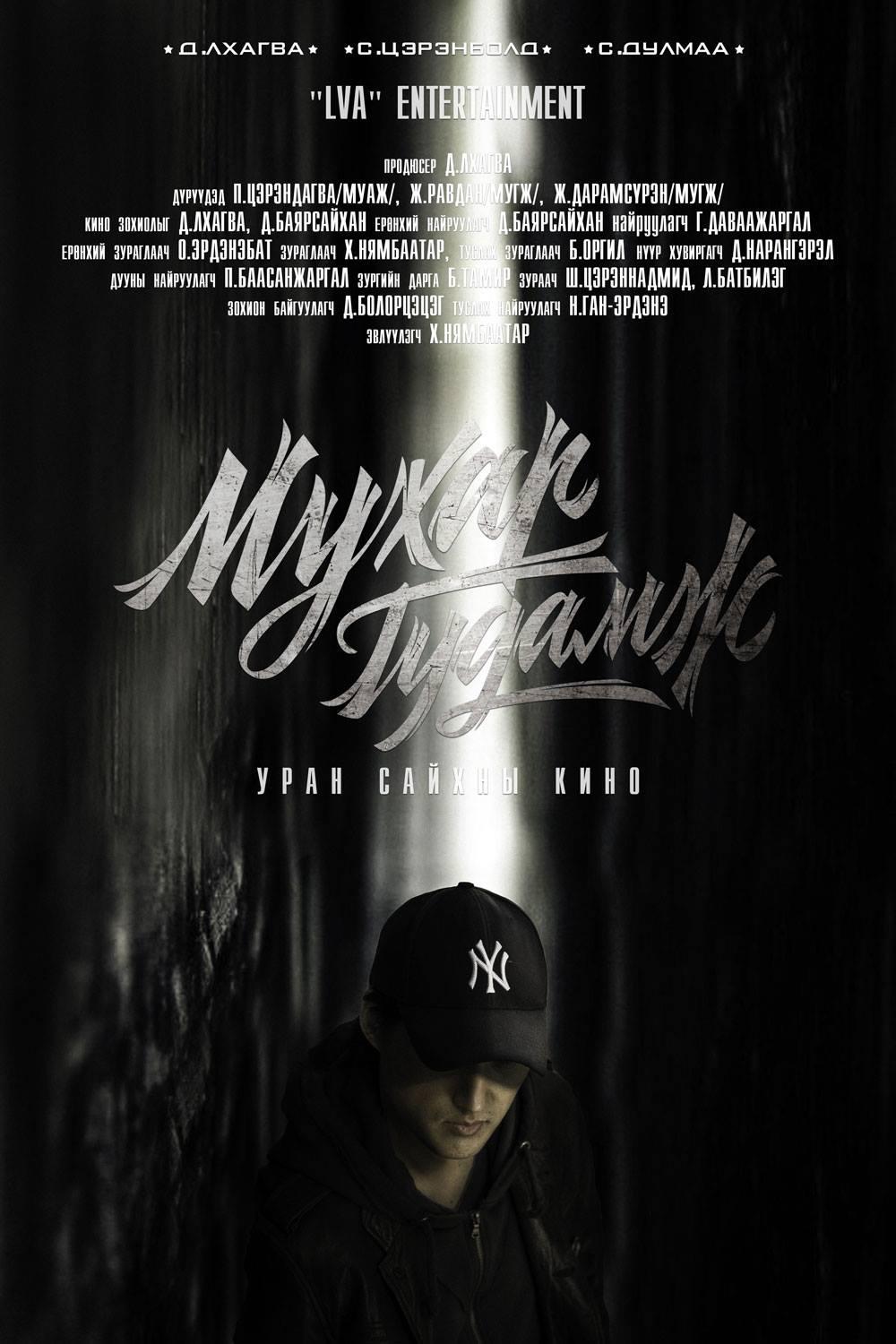
It is said that due to many factors, such as wrong decisions by those in power, reckless actions by senior officials, cold relationships where people ignore each other, and the wrong standard of measuring everything in terms of money, obstacles and insoluble problems arise in every sector of society, ultimately leading to an impasse where no one can find a solution.
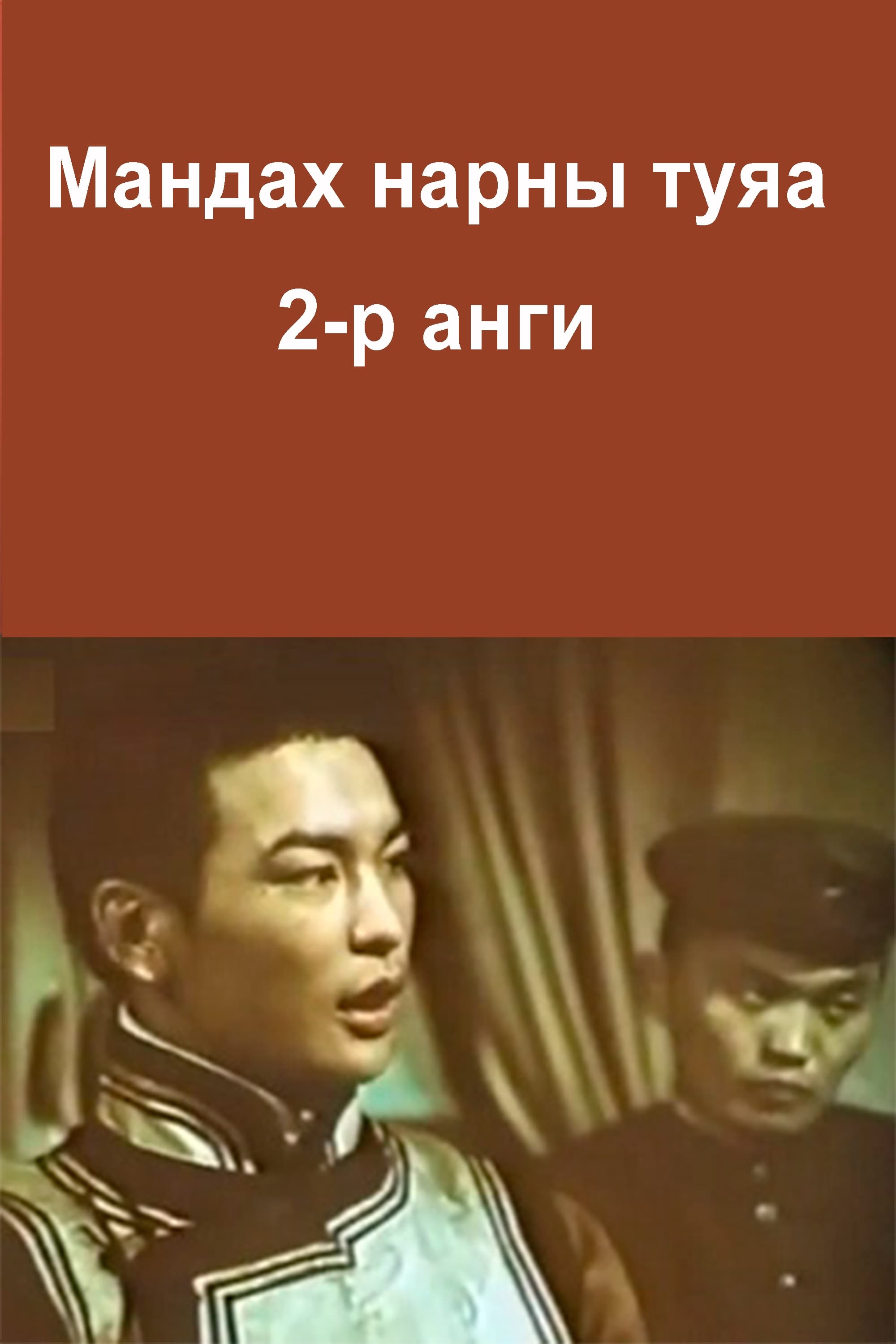
The work reflects the historical life of the great general D. Sukhbaatar, who started participating in the People's Revolution.
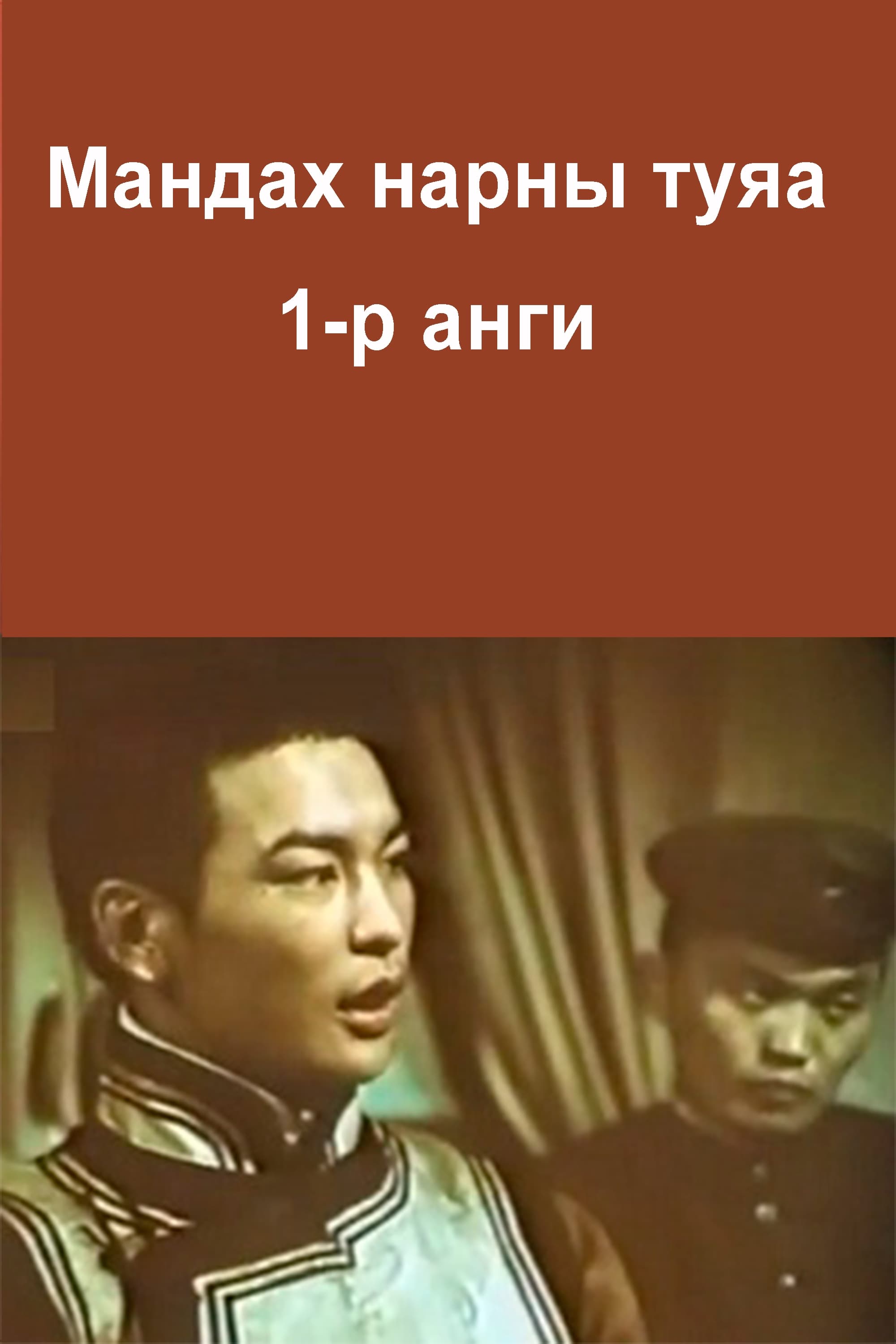
The work reflects the historical life of the great general D. Sukhbaatar, who started participating in the People's Revolution.
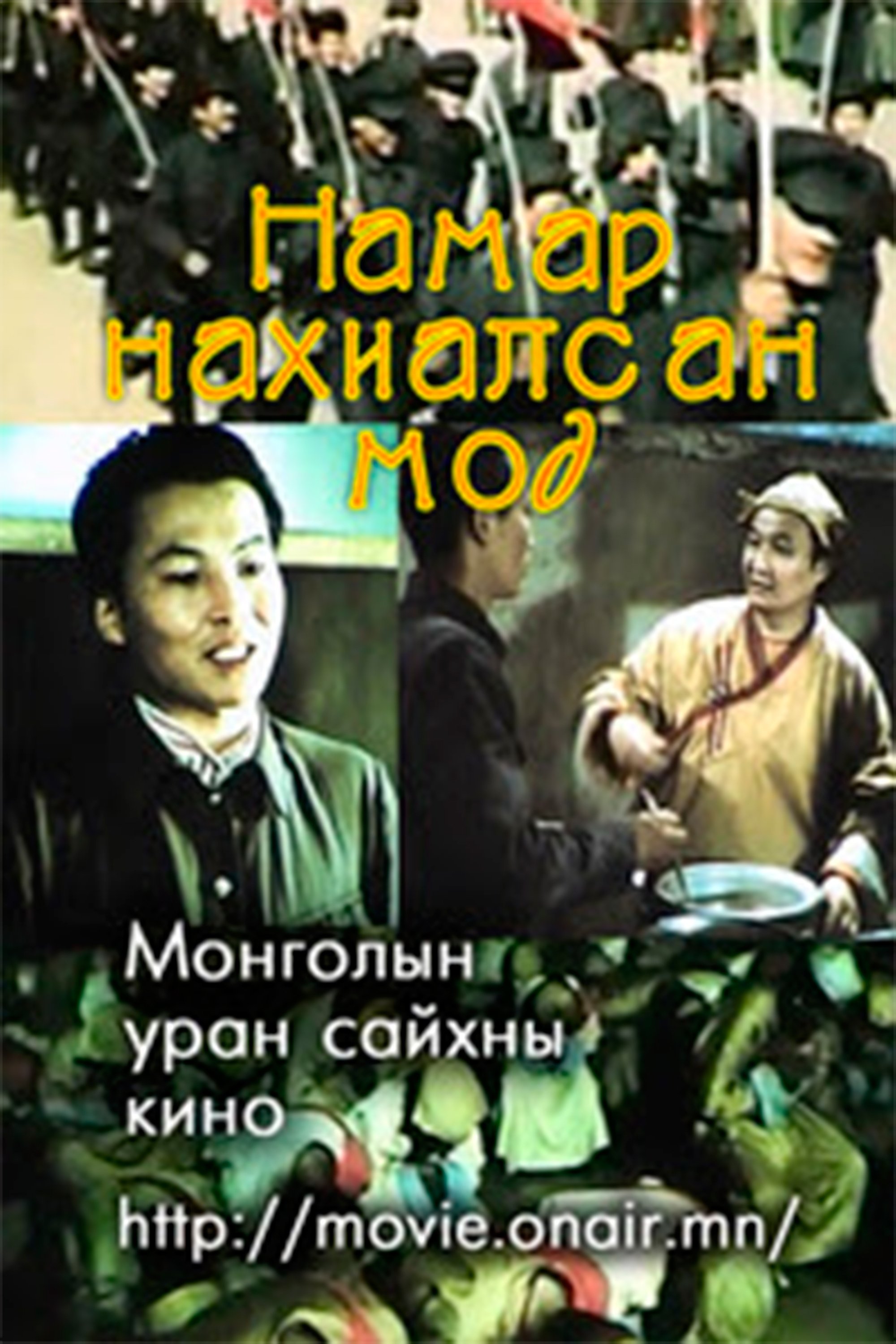
In the years after the People's Revolution, hundreds of temples were scattered in rural areas, and folk schools were established to teach literacy to the gangs who were studying in the monasteries.
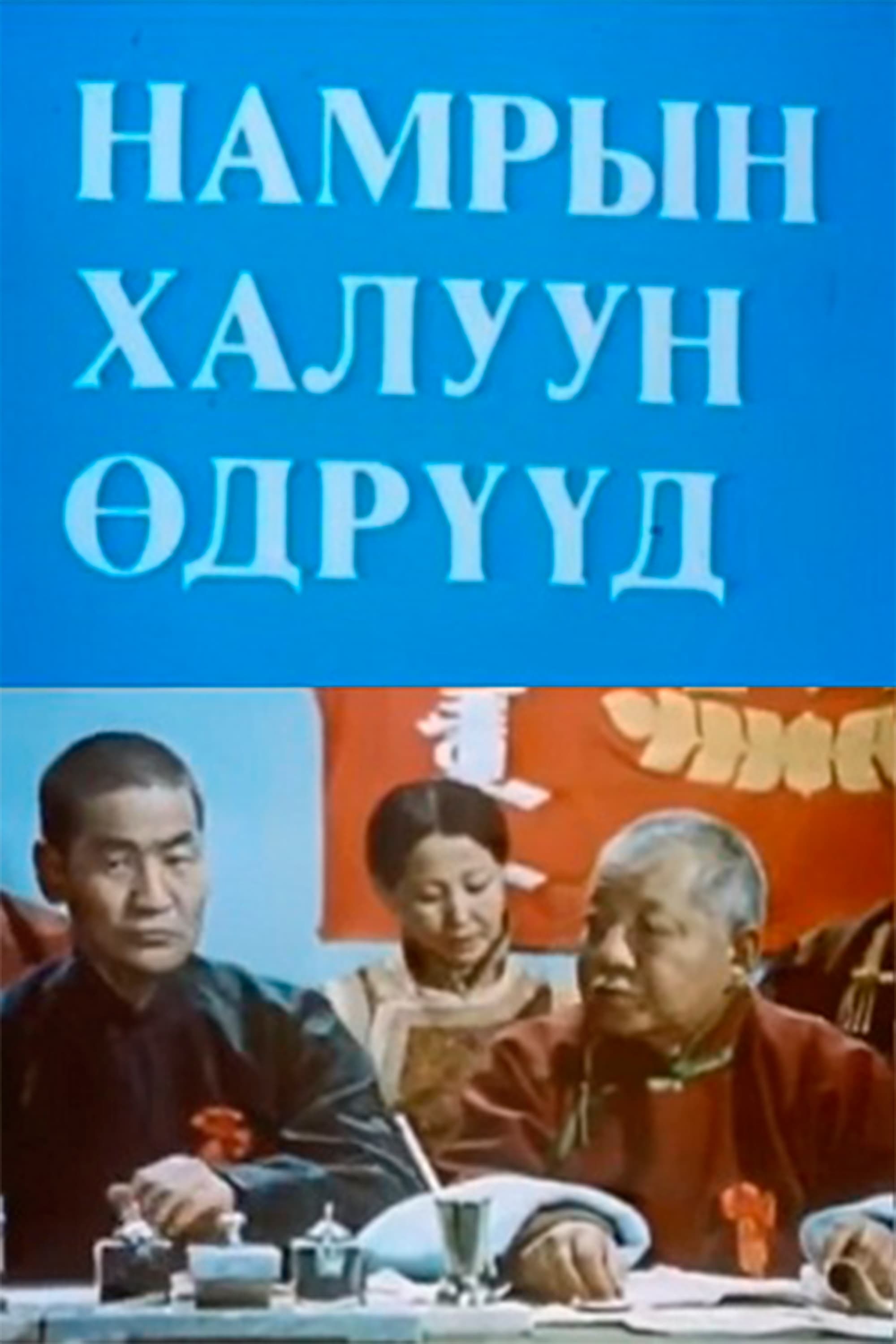
In this film, based on the historical facts of the 3rd Congress of the Mongolian People's Revolutionary Party, which was held in 1924, Choibalsan and Renchin Elbegdorj, who were supporters of the revolutionary Bolsheviks (representative of the Kamintor), the party leader and the minister of the military ministry, Danzang, expressed the view that Mongolia should be developed on the path of bourgeois development, not socialism. strongly criticized, and right before the bloodshed, Danzang was arrested in the middle of the meeting under the pressure of Elbegdorj and executed on a rock, showing that the party's general line was winning.
By browsing this website, you accept our cookies policy.